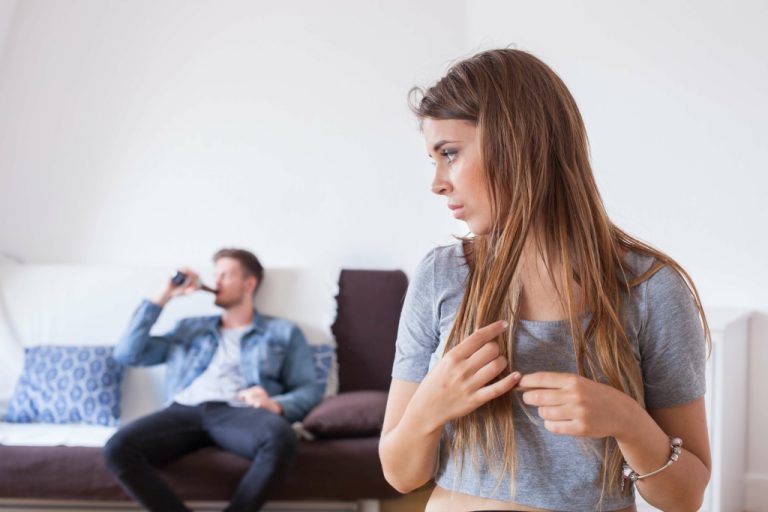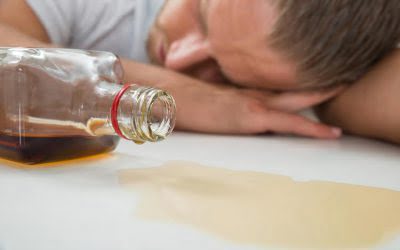When you drink alcohol, your body prioritizes its elimination, diverting water away from other essential functions. This can disrupt the https://ecosoberhouse.com/ balance of electrolytes, like sodium and potassium, which are vital for nerve and muscle function. A good rule of thumb is to drink a glass of water for every alcoholic beverage you consume. This practice helps maintain your fluid balance and can lessen the dehydrating effects of alcohol. Learn more about how alcohol affects your body with Reframe’s Blood Alcohol Content (BAC) calculator. Despite common belief, the link between alcohol and dehydration isn’t always straightforward.
- Electrolytes are found in common foods, including salt, bananas, and watermelon, and can also be consumed from electrolyte-specific drinks or mixes.
- Try to recognize these early signs and seek medical attention to prevent further liver damage, as untreated alcohol-related liver issues can become irreversible.
Recognizing Early Symptoms

It can also worsen hangover symptoms, intensifying nausea, light sensitivity, and fatigue. If you’re concerned about your alcohol consumption, explore Reframe’s FAQ for more information on developing healthier does wine dehydrate you drinking habits. Not all alcoholic beverages are created equal when it comes to dehydration. Drinks with higher alcohol content, such as hard liquor, tend to dehydrate you faster than those with lower alcohol content, like beer or wine. This is because the higher the concentration of alcohol, the stronger the diuretic effect. Additionally, darker liquors contain more congeners, which are byproducts of the fermentation process and can impact hydration.
Other Substances That Contribute to Hangover Symptoms
The action of suppressing this hormone exacerbates the diuretic effect and leads to dehydration. So what can you do to make sure you don’t get that infamous hangover headache caused by dehydration? If you don’t drink enough water with alcohol, Sober living house you can become dehydrated quickly. It’s easy to fall for common misconceptions about alcohol and how it affects your body. Let’s break down some of the most persistent myths surrounding alcohol and hydration. When the body is dehydrated, it can struggle to regulate its temperature, which can cause additional fatigue and lethargy.
How Dehydrating is Alcohol?

Alcohol has effects on several neurotransmitters and hormones that are implicated in the pathogenesis of headaches, including histamine, serotonin, and prostaglandins (Parantainen 1983). No doubt, prehistoric people also experienced hangovers soon after they discovered alcohol. You can also choose non-alcoholic drinks or mocktails to reduce your alcohol consumption. These drinks can be just as delicious and refreshing as alcoholic drinks, and they won’t dehydrate you.
- The dehydration is a regioselective reaction and it follows the Zaitsev’s rule.
- As well as this, alcohol impairs the body’s ability to identify and respond to dehydration as it suppresses an individual’s sensation of thirst.
- Above 5,000 feet elevation, your body can lose fluids almost twice as fast as it can at sea level.
- Dehydration can affect multiple bodily functions and cause a wide range of symptoms.
Alcohol increases urine output, leading to a loss of fluids and electrolytes, causing dehydration and hangover symptoms
Drinks with a higher alcohol content, such as spirits, are more likely to cause dehydration than drinks with a lower alcohol content, such as beer or wine. Vasopressin, also known as the anti-diuretic hormone (ADH), is produced by the posterior pituitary gland, which is located in the brain. This hormone plays a crucial role in maintaining water balance in the body. When the body is dehydrated, specialized detectors sense the increased salt concentration and decreased water volume.
Laisser un commentaire